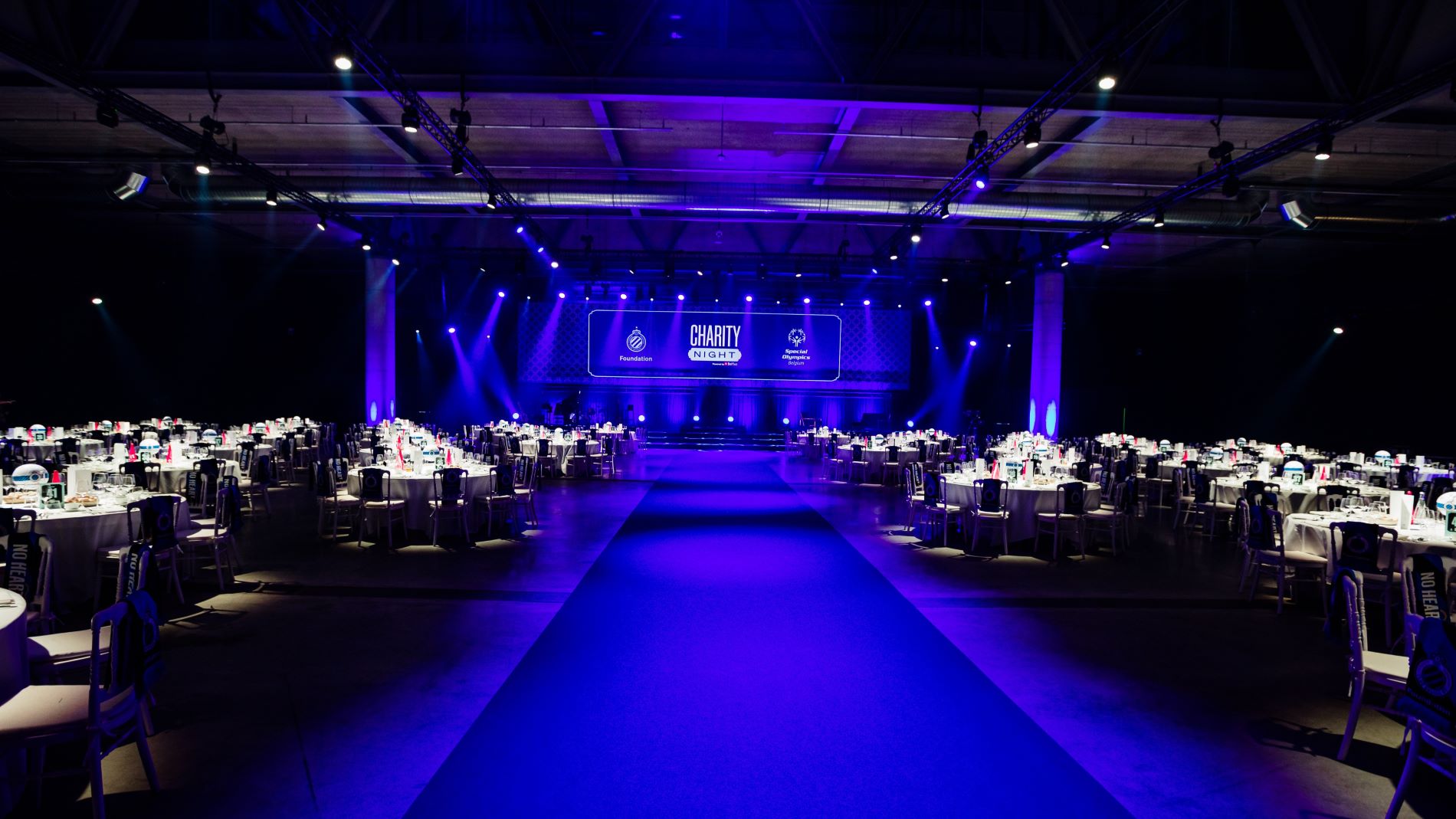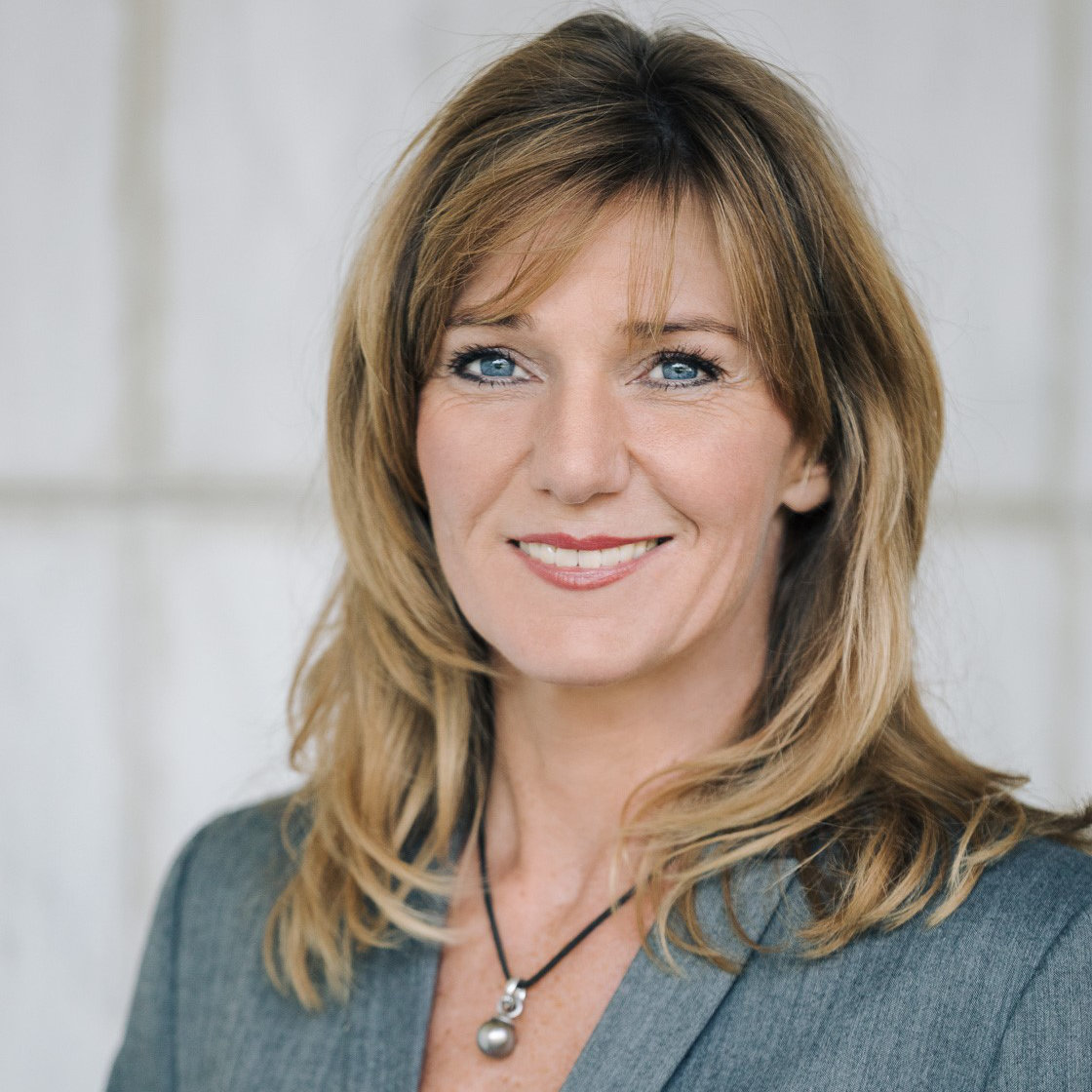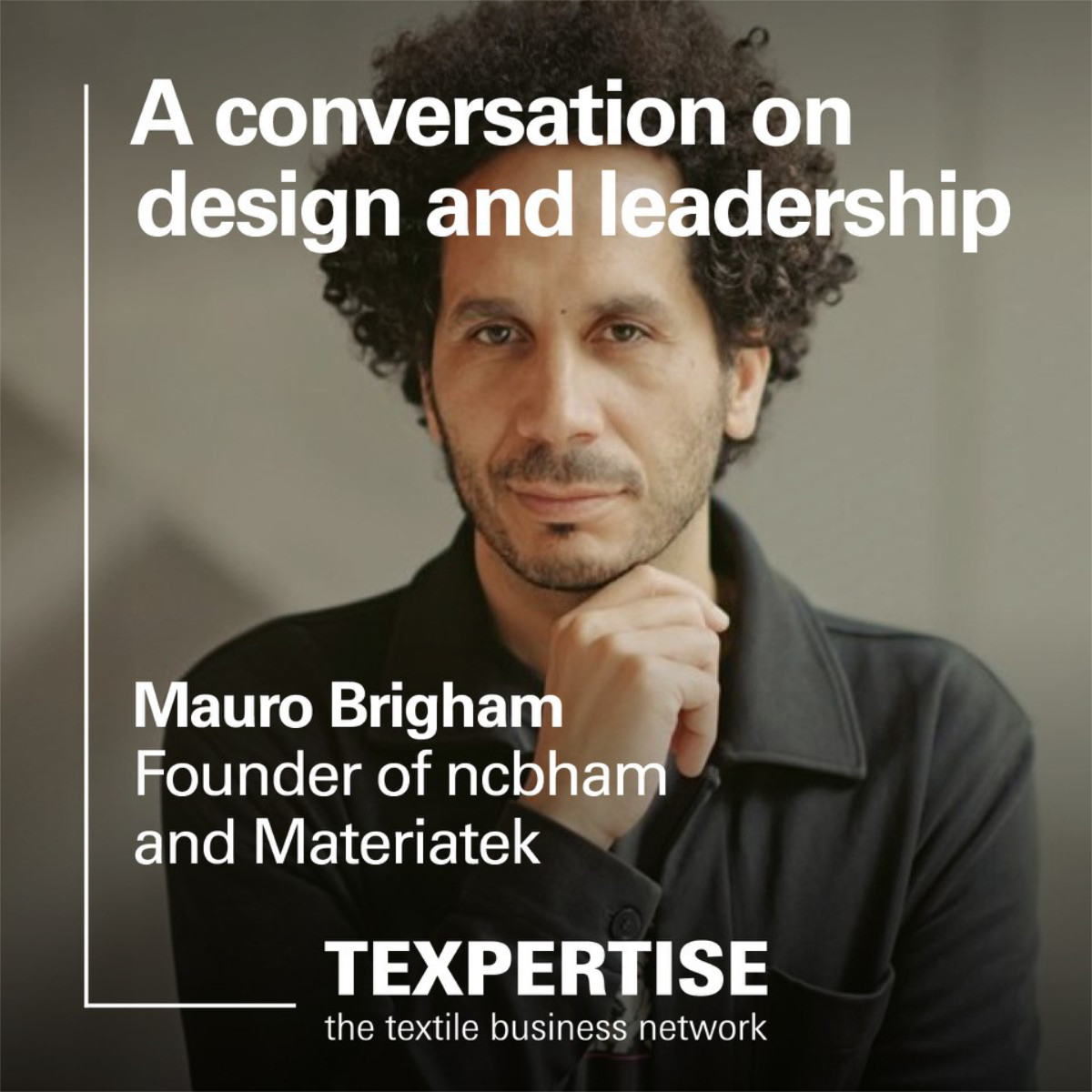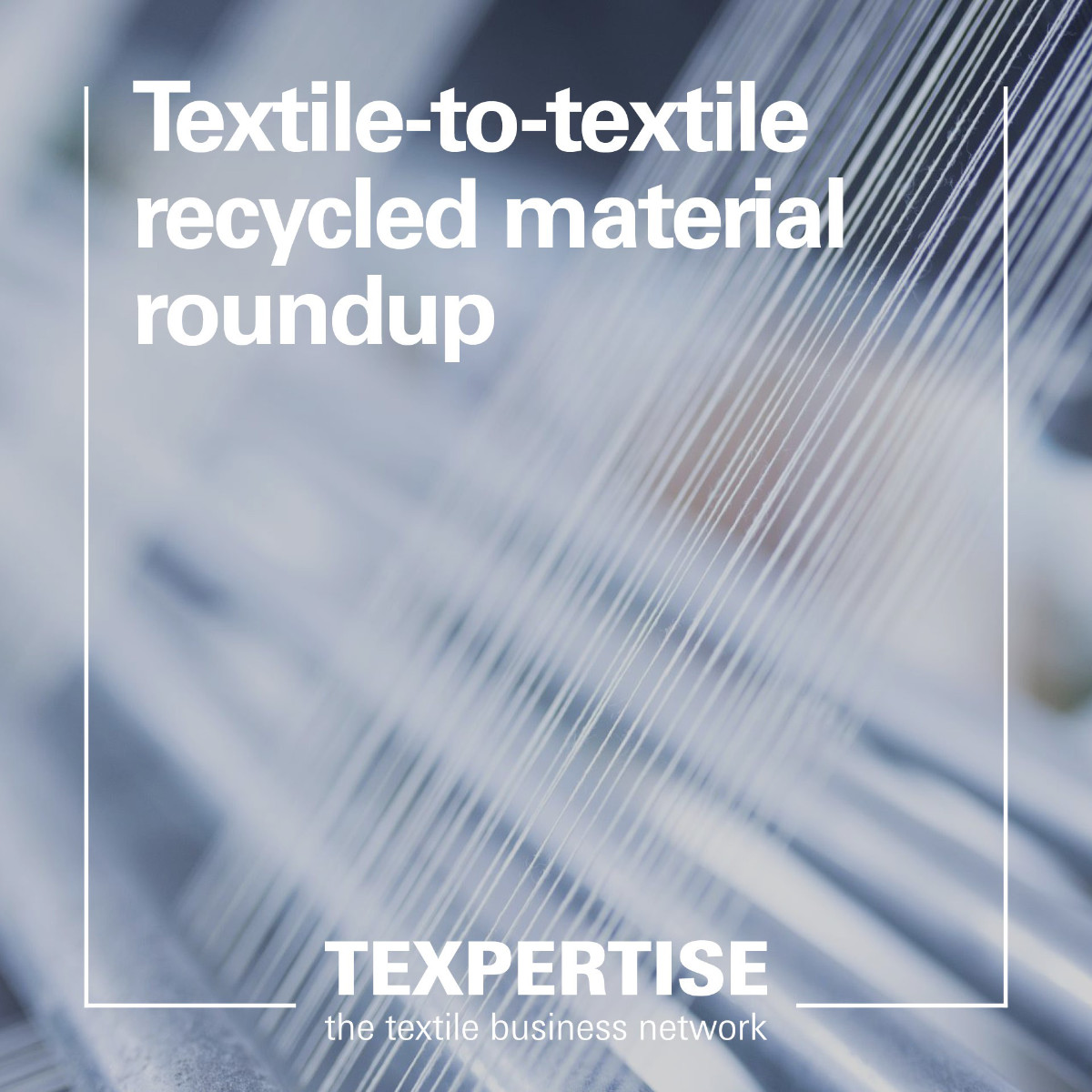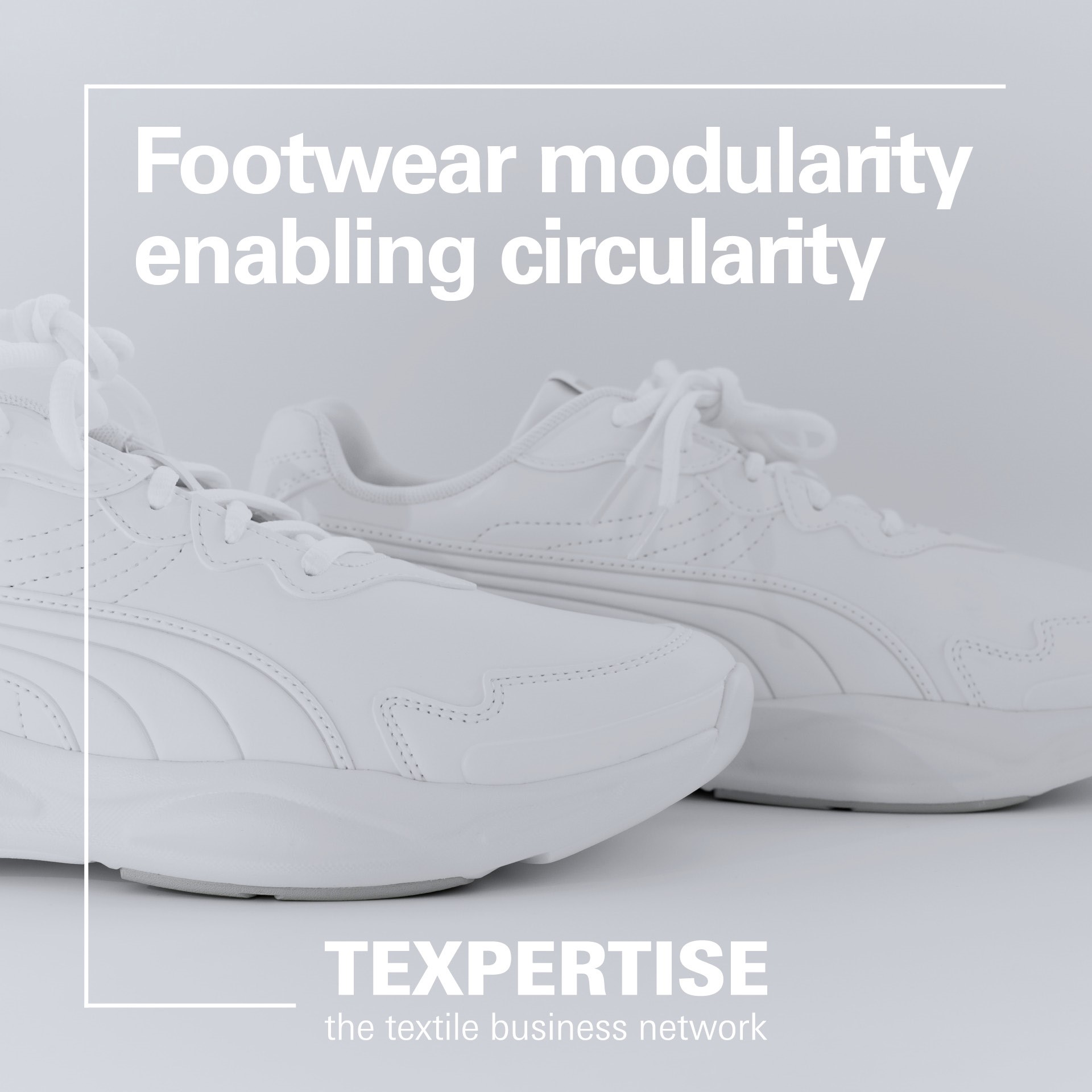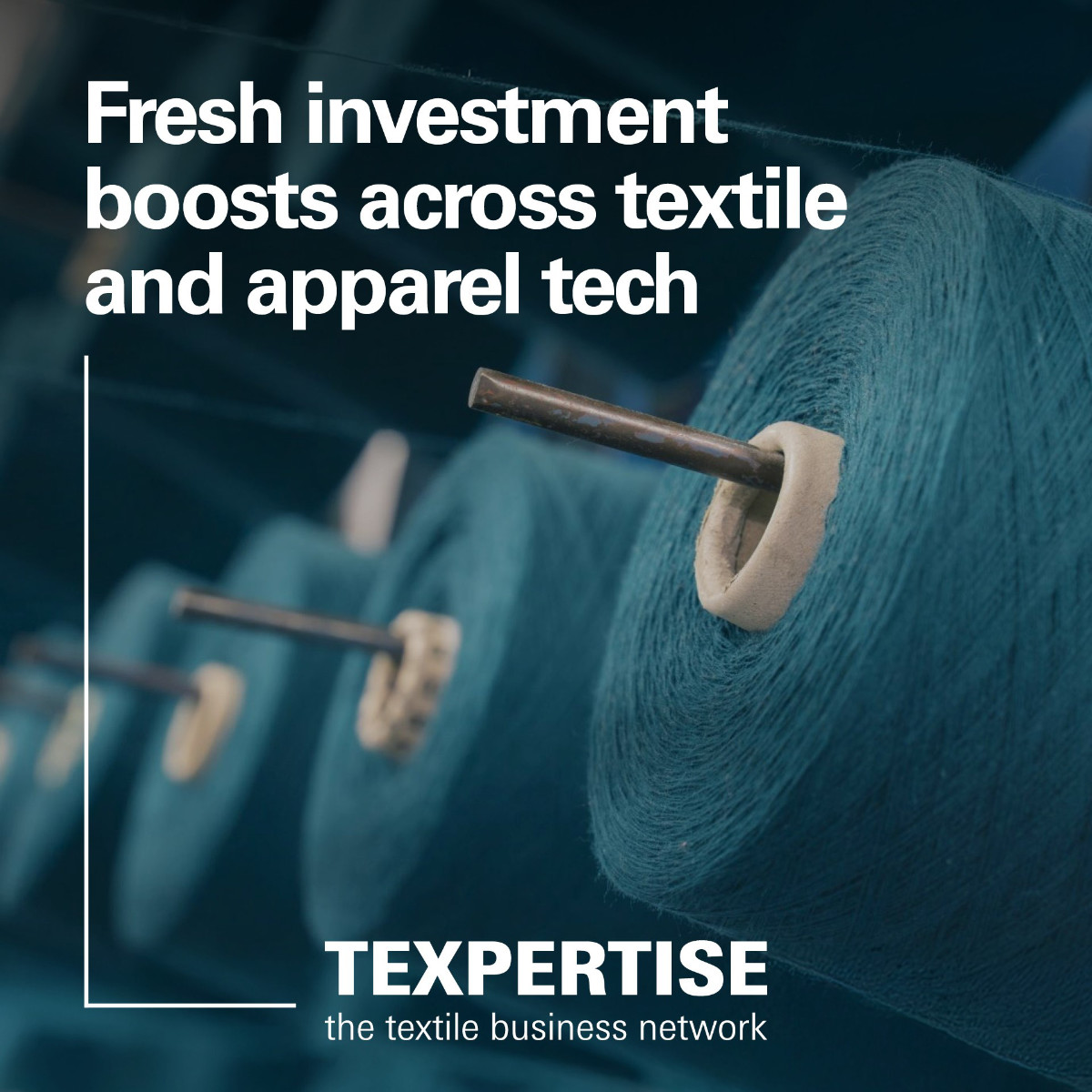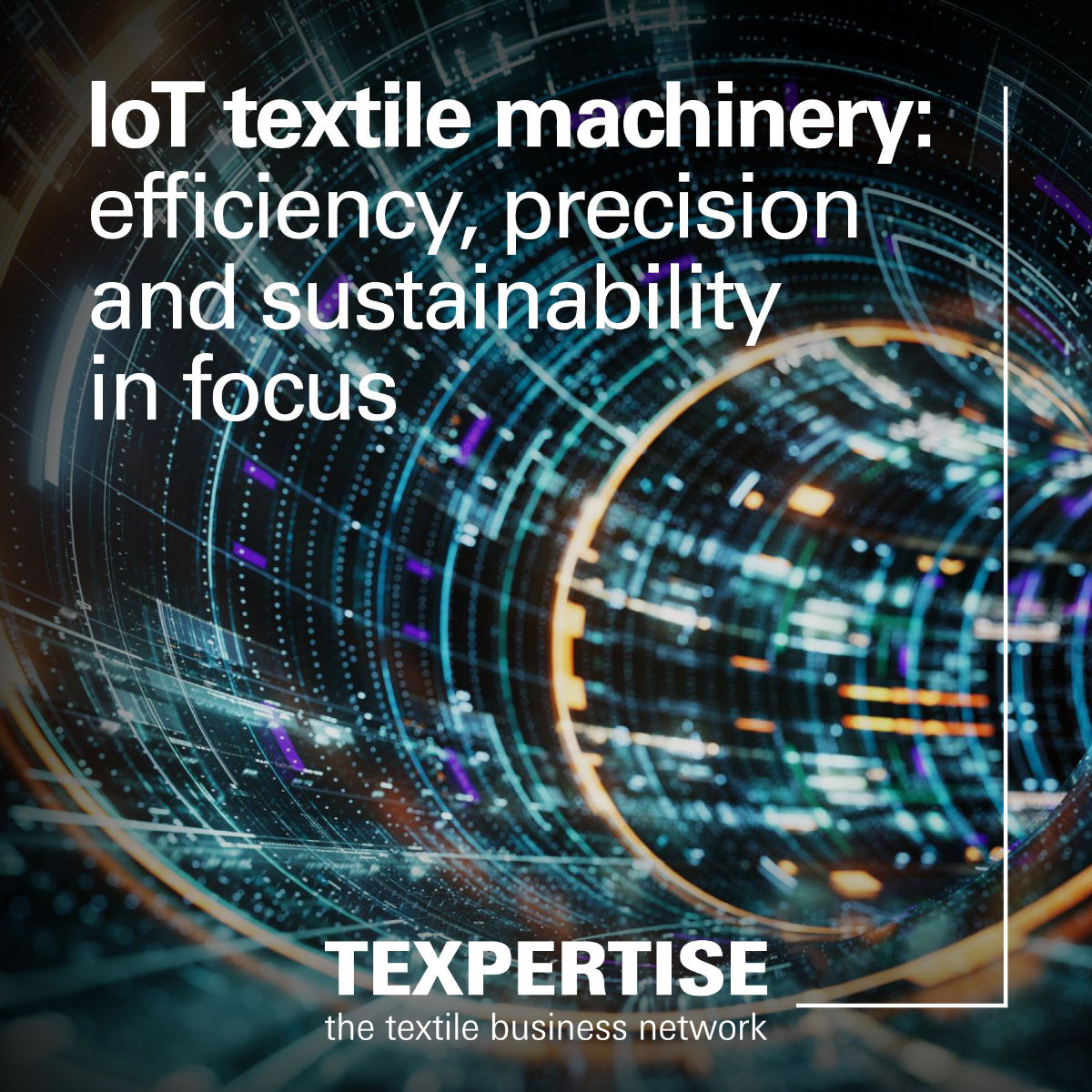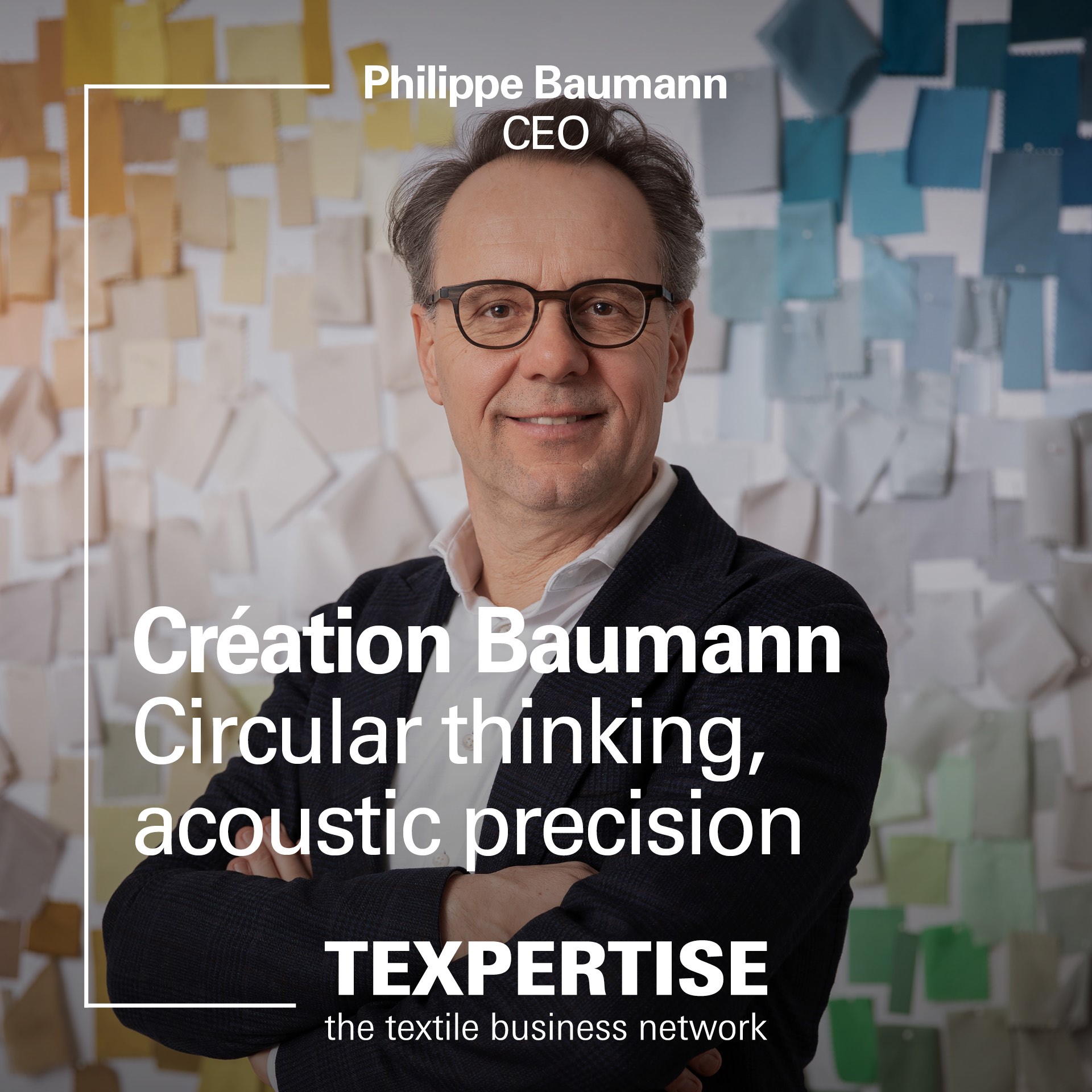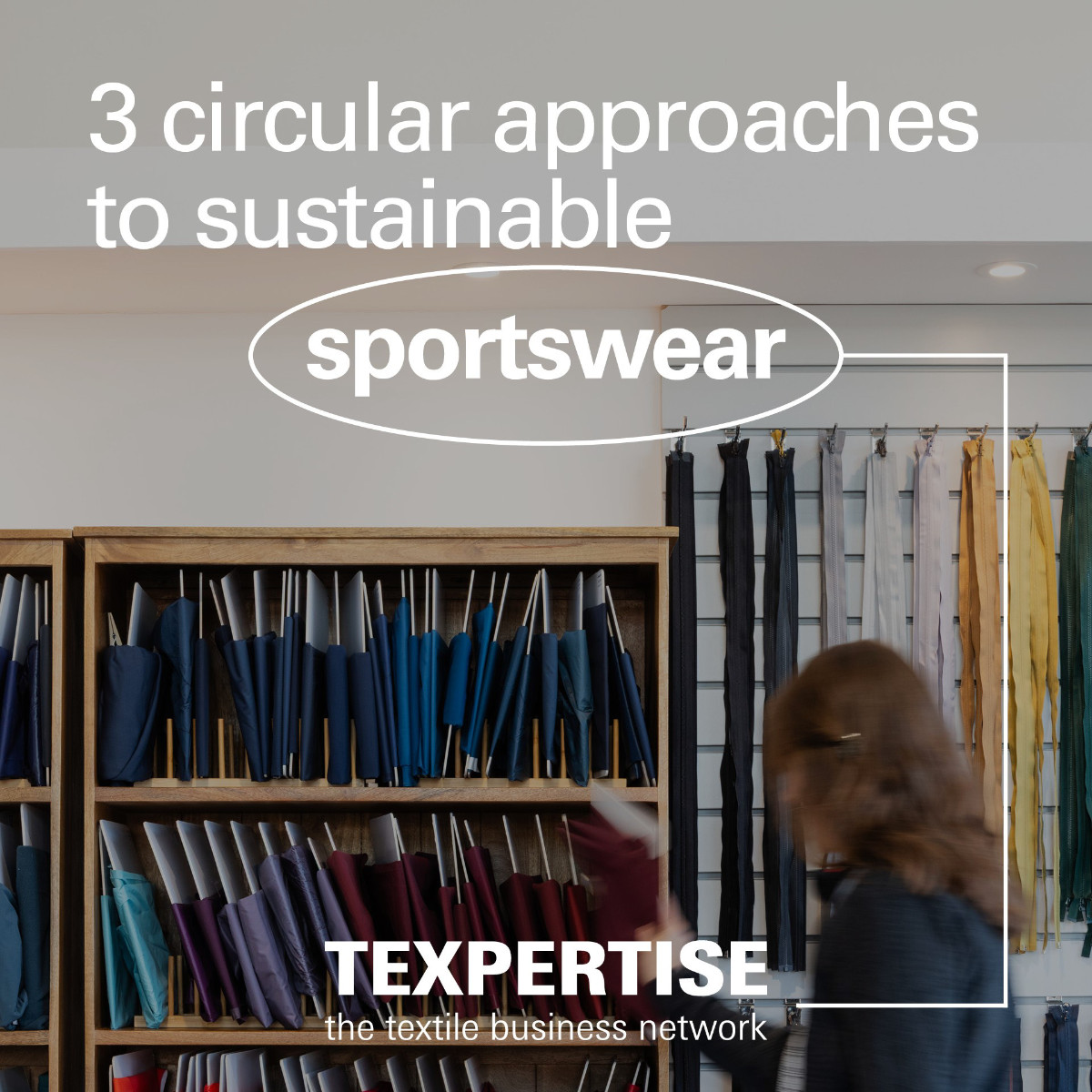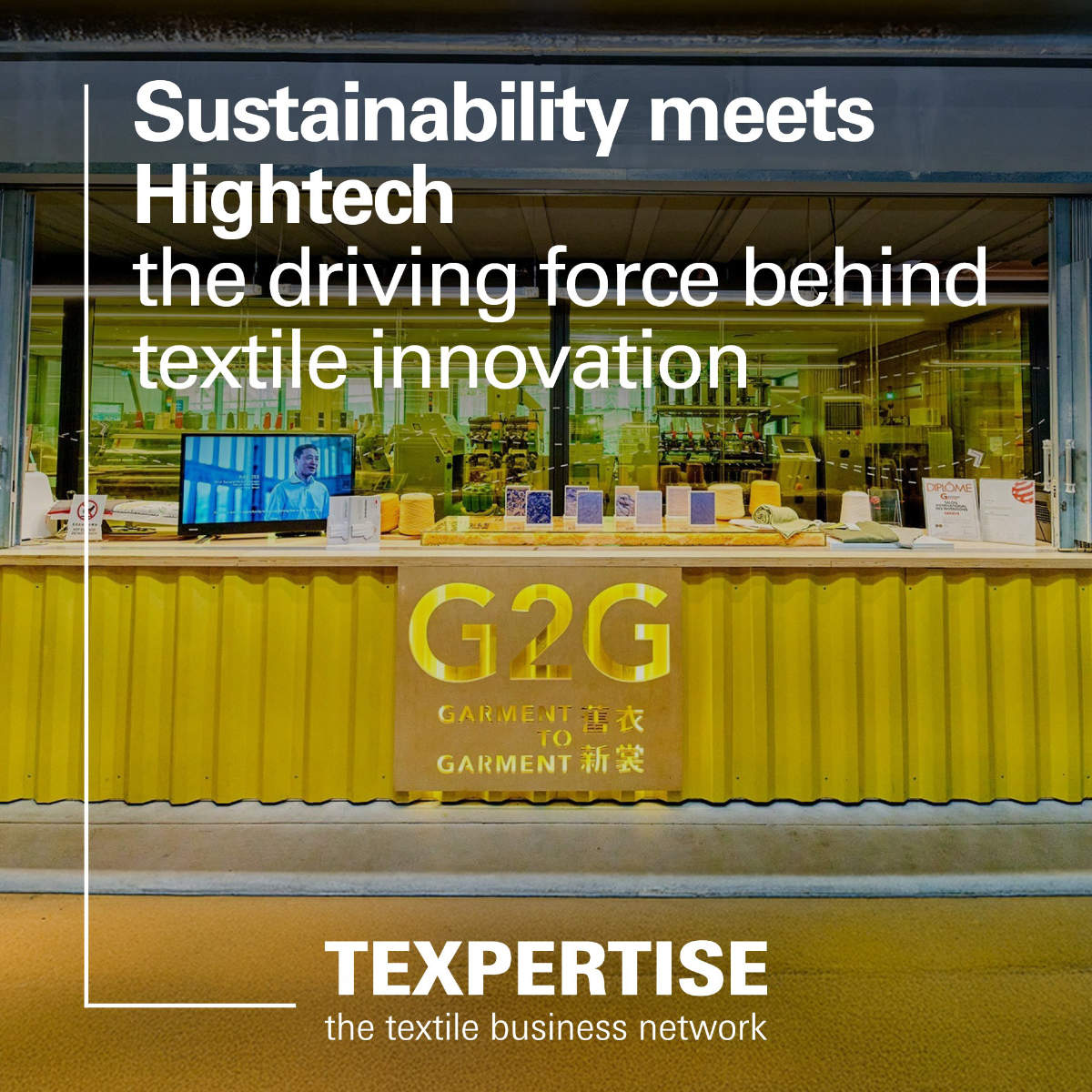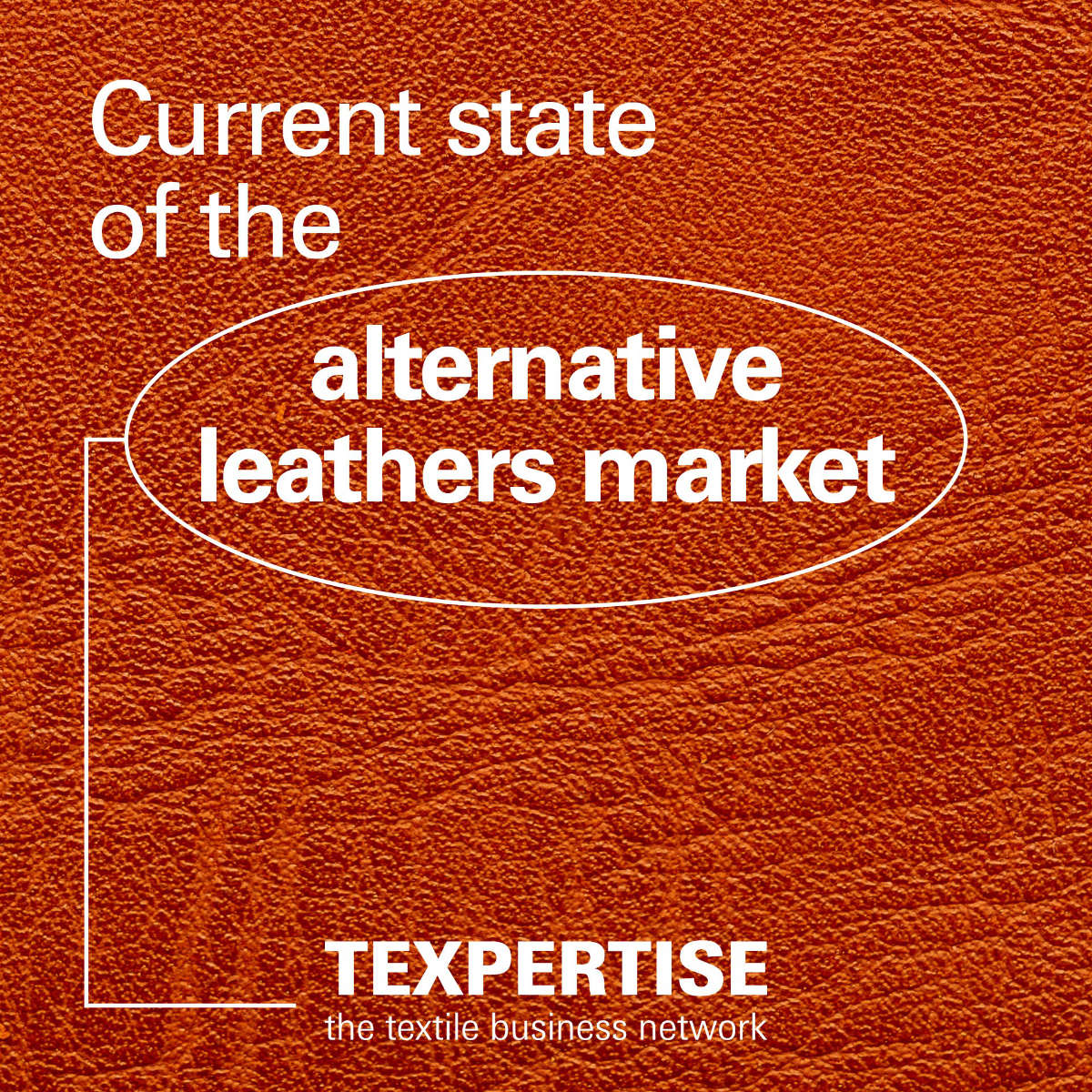Reading time: 5 minutes
The first part of our story showed how innovative materials and digital technologies help to conserve resources and avoid waste. But how can these principles be implemented further? Let's take another look at the bigger picture.
You can't make an omelette without breaking eggs – and where there are a lot of people, there is a lot of waste. Such as at events or when it comes to take-away food. Until a few years ago, the focus was on finding the cheapest and most practical solutions. Which was a disaster for the circular economy. Now, two companies are showing that things can be done differently.
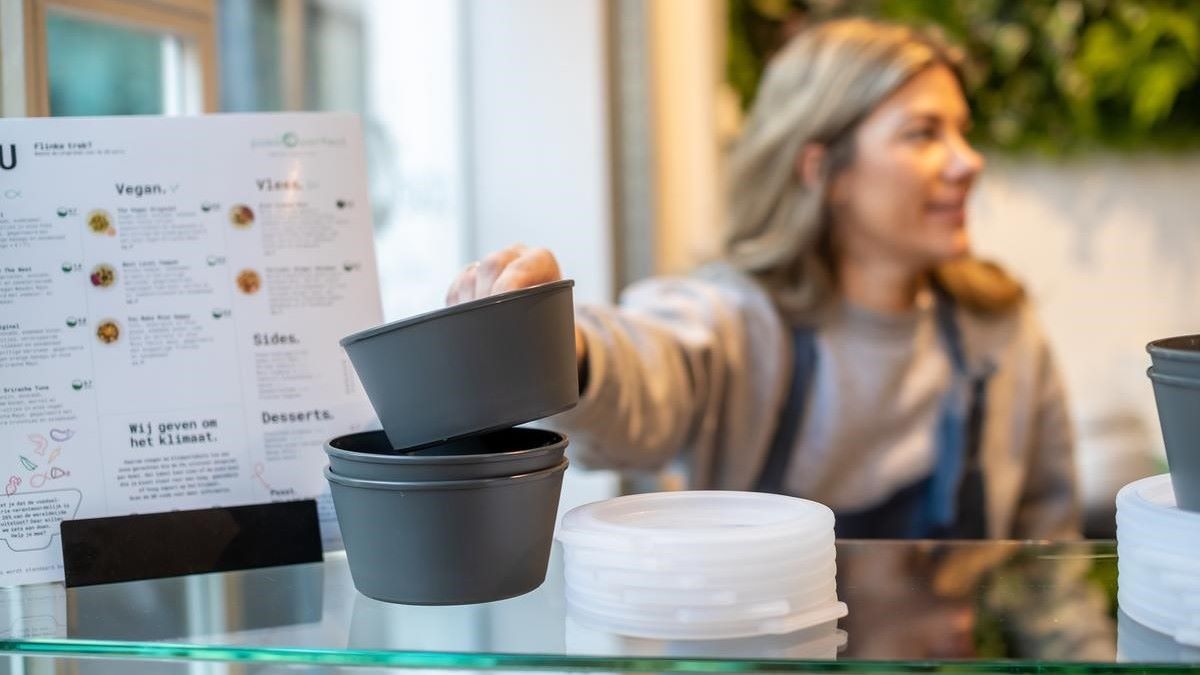
Advantage: deposit system
Colourful, easy to shape and even environmentally friendly: plastic is virtually indispensable in the consumer-goods industry. Now, the Koziol family business has taken a radical step to use this material in a future-oriented way. The ‘GlücksFabrik’ (Happiness Factory) has been manufacturing in Germany since 1927 and is renowned for its creative design pieces, tableware and hospitality solutions. In 2021, Koziol switched from conventional plastic to its own Organic Bio-Circular material.
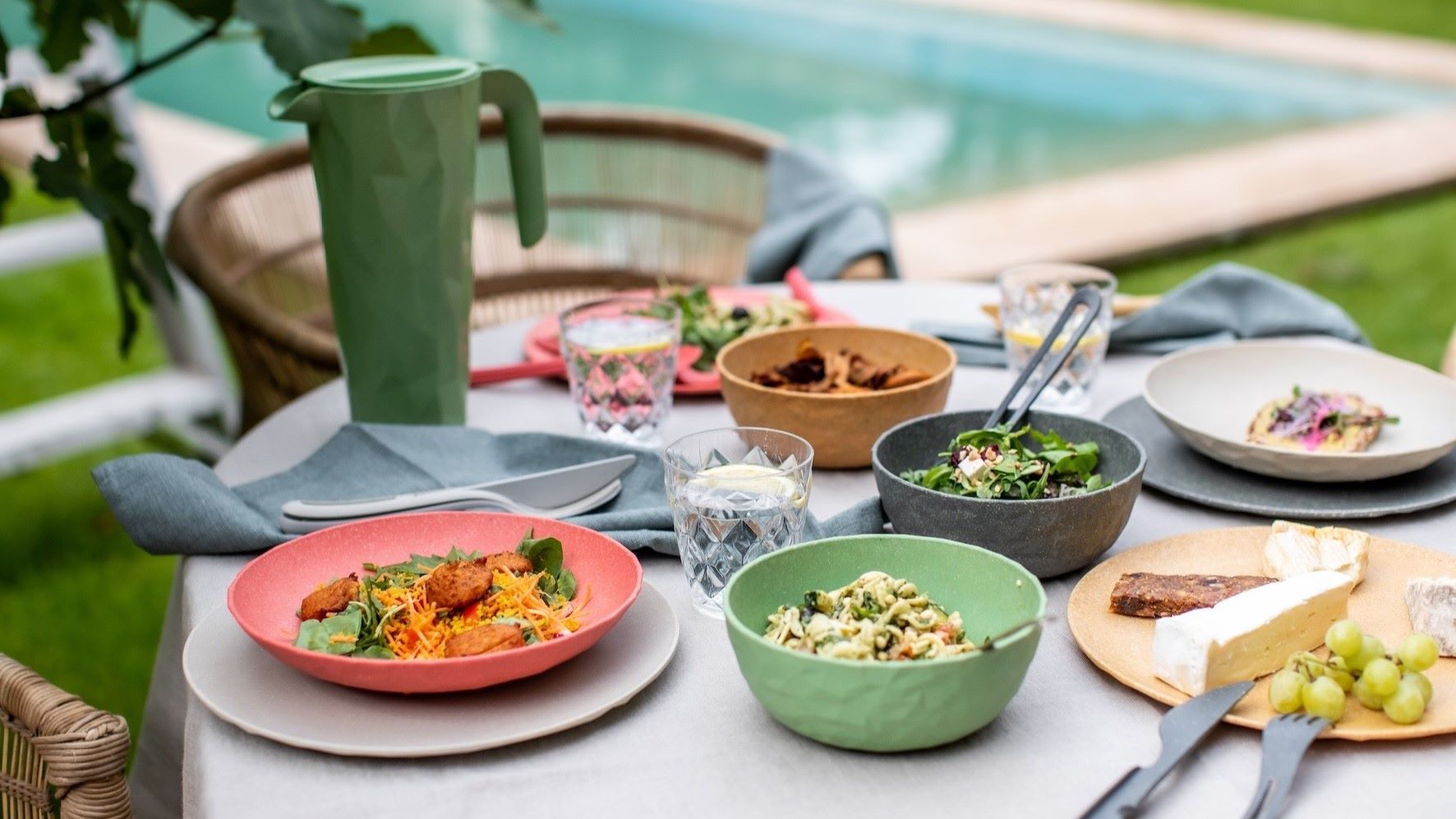
Based on waste vegetable oils from catering and industry, the new material is food-safe, dishwasher-safe, ecologically harmless - and 100 percent recyclable. Well, at least in principle, because as soon as the products end up in households, it is difficult to get them back for recycling, as in the textile industry.
“It's impossible to imagine modern life without takeaway food. However, sustainable and uncompromising concepts are now needed for transport containers.”
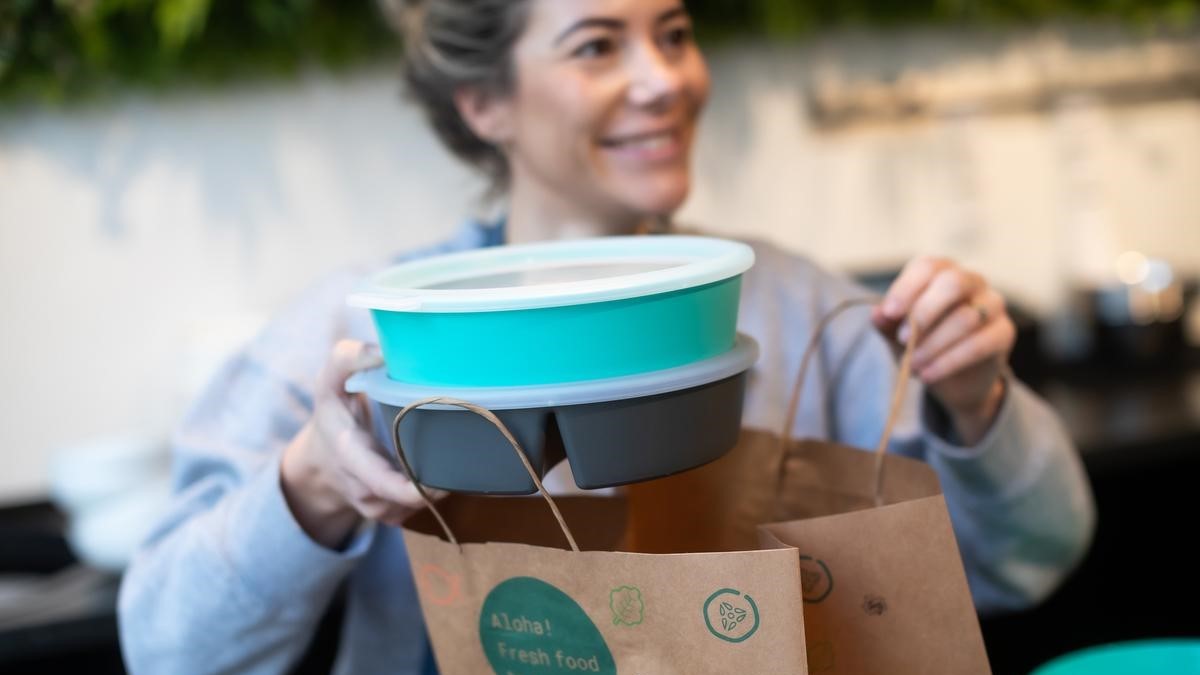
Consequently, Koziol begins where tracking and returns are easy: with system customers and in the take-away sector. “It's impossible to imagine modern life without takeaway food. However, sustainable and uncompromising concepts are now needed for transport containers. Our Move series stands for intelligent design, high quality and the economical use of form and material,” says Daniel Koziol, who heads the company in the third generation. The Move series was specially developed for use with deposit systems, and there is an optional tagging system to facilitate traceability and replacement. The innovative, reusable tableware is already being used successfully in leisure parks, events and public venues. For example, Koziol designed crockery with a QR code for the ‘Dortmund eats sustainably’ project, which is now being used throughout the city.
Solidarity in the contract business
A similar approach is being taken by Belgium's Beaulieu Group. Made from 100 percent polypropylene, the needle felt solutions of the Rewind collection were developed in-house and are both latex-free and fully recyclable. These ‘UltraBond’ PP fibres have a wide range of applications and can be used for floor coverings, as well as for other thermal bonding purposes.
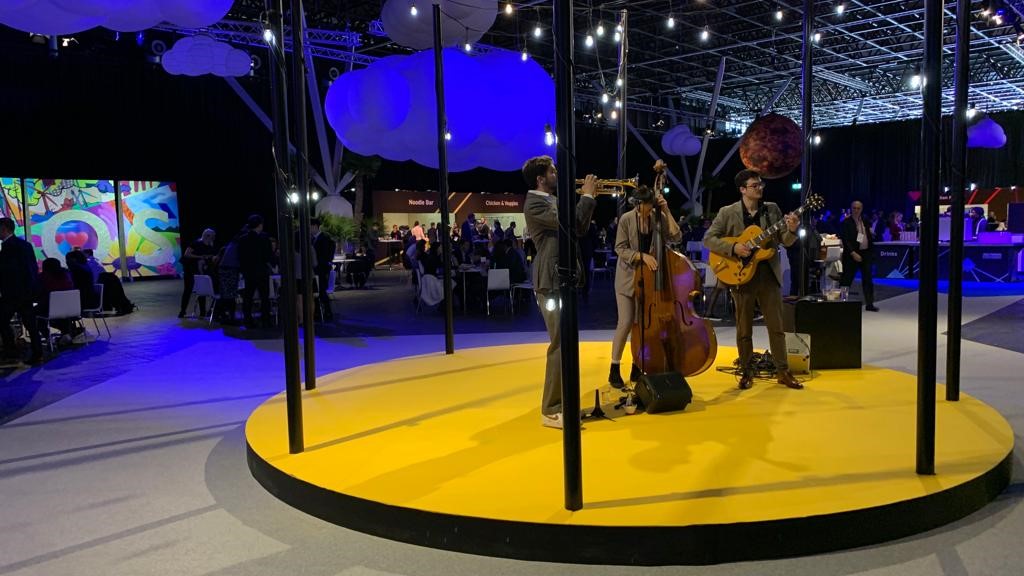
Rewind® is aimed specifically at the event and contract sector, i.e., at limited business fields where partners want to return the product thus ensuring recycling is feasible and efficient. “Large quantities of carpets are naturally used at events. Today, we no longer regard them as waste but as valuable raw materials that can be recycled and even used for completely new products,” explains Bénédicte Lobel, Business Development Manager at Rewind®. The company has joined the Net Zero Carbon Events Initiative, which can boast many trade-fair organisers, including Messe Frankfurt, among its members. The initiative aims specifically to bring about a significant reduction in CO2 emissions in the event sector.
“Large quantities of carpets are naturally used at events. Today, we no longer regard them as waste but as valuable raw materials that can be recycled.”
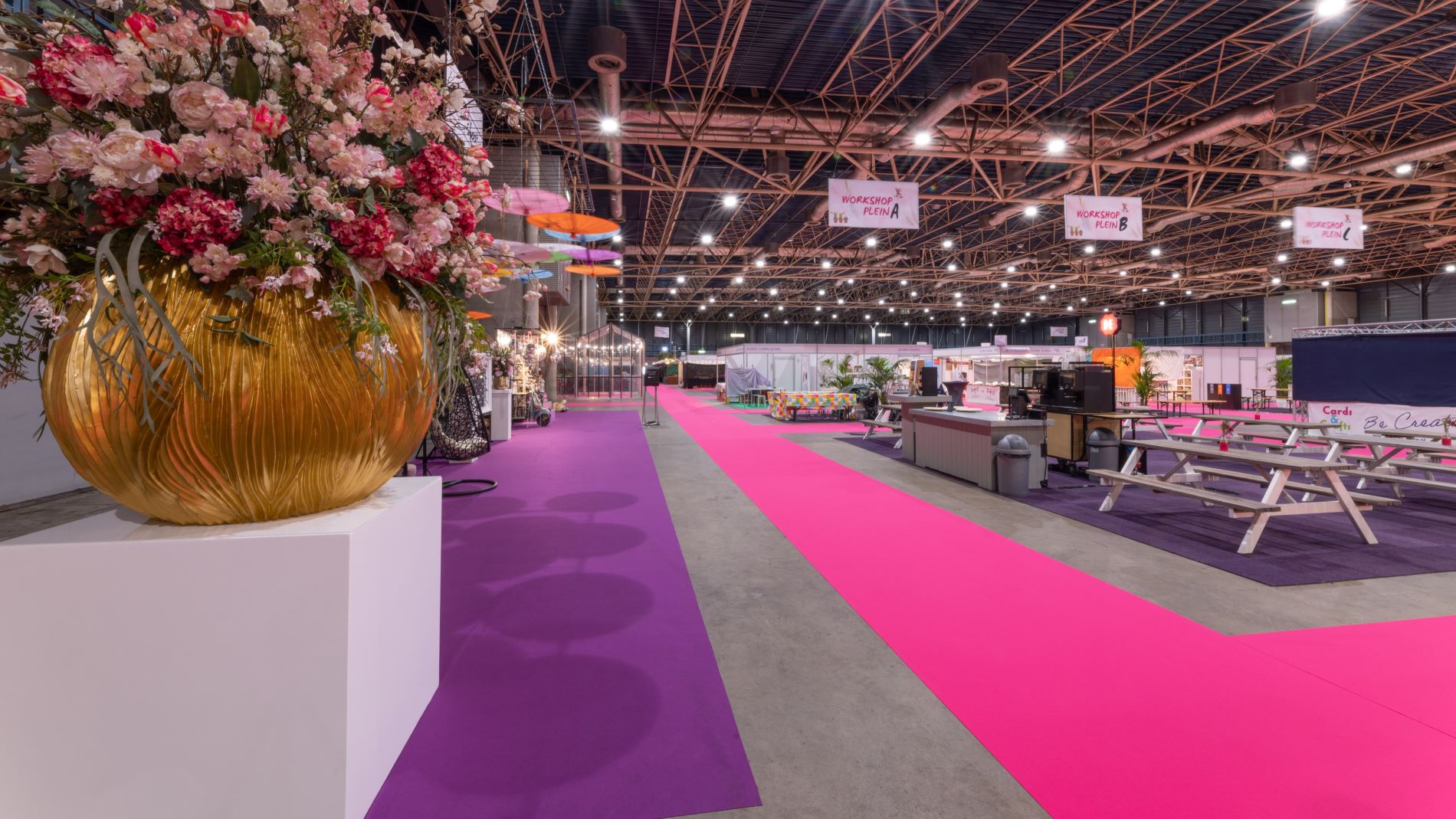
This means an uncompromising net zero by 2050. Beaulieu is currently working with several organisations in this sector, including IFEMA Madrid. This company has completely switched to Rewind® flooring, which is used as the raw material for making designer chairs, etc., after the events. Many other players, such as Jaarbeurs and the Sibos financial trade fair, which will be held in Frankfurt later this year, have opted for the recyclable solution with Rewind®.
Cover picture: ©Beaulieu/Rewind
Series: How things can work
About the series
The challenges facing companies in the textile industry are multifaceted and, to put it mildly, not without difficulty. They range from rising costs for raw materials and energy, a shortage of skilled workers and supply chain problems to the megatrends of sustainability and digitalisation.
Innovative companies seize their opportunities and take advantage of such challenges to generate their business models. However, this rarely works in isolation. Business and research networks are called for.
In the ‘How things can work’ series, we present companies, start-ups and market leaders that have not only tackled a problem but have also used it to develop a sustainable business venture.
Other articles in the series:
The circular economy is not just a passing fad
One for all. Making the circular economy work. (Part 1)
One for all. Making the circular economy work. (Part 3)
Biological dyes as a key economic factor (Part 1)
